

Dr Willow Hallgren
As we find ourselves in the midst of a one-in-100-year global pandemic, now is the time to reflect on the way in which human activities help bring about the creation of new diseases and the spread of existing diseases.
The current coronavirus pandemic arose via ‘zoonotic spillover’ – that is the transference of animal diseases into human populations. But COVID-19 is not alone. Many existing vector-borne diseases are aided by human activities such as land clearing and deforestation, habitat destruction, agricultural irrigation, the establishment of waterways, urbanisation and increasing settlement of new areas.
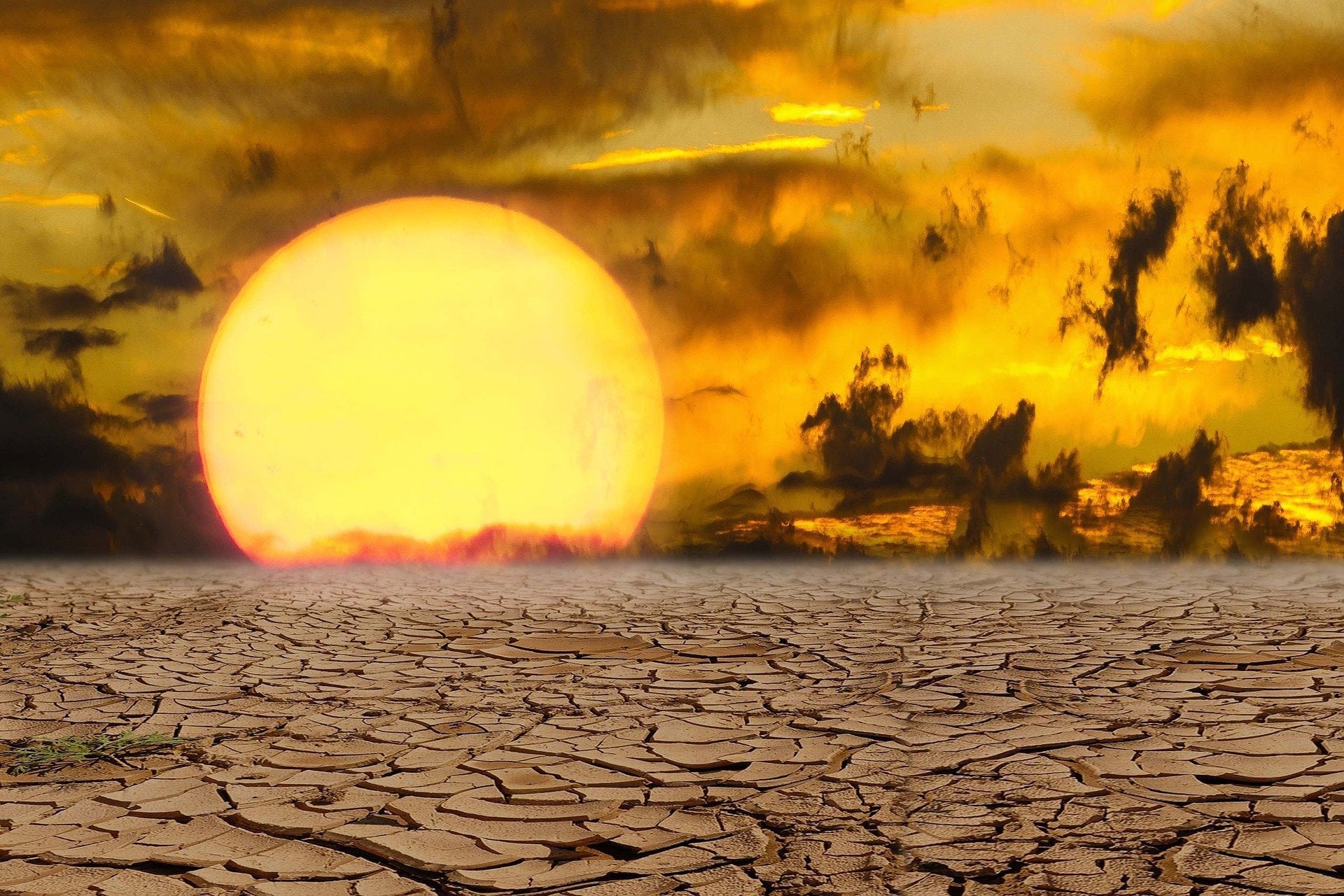
Climate change and disturbance of ecosystems help create new diseases
It is likely that climate change will increase the incidence of many types of diseases, including zoonotic and vector-borne diseases. There is compelling evidence that climate change will have impacts on the incidence of viral and parasitic diseases such as malaria, dengue, Ross River fever, Barmah Forest virus, and Japanese encephalitis, to name a few.
The world has seen many epidemics of zoonotic diseases before, like SARS, MERS, Ebola, and the incidence of such diseases is increasing. Pandemics are more likely to occur as we continue to deforest and disturb what is left of our populations of potentially virus-harbouring wildlife, and as climate change reshuffles the ecological deck.
Each year in Australia, vector-borne viruses cause a large number of diseases and deaths in human and animal populations. The mosquito species Aedes vigilax is one of the main mosquito vectors of the most common vector-borne disease in Australia – Ross River virus. Other vectors of disease include bats; the Grey-headed flying-fox is a native migratory bat species in northern and eastern Australia, and is known to transmit lyssavirus, Hendra virus and potentially Ross River virus as well. Both of these disease vectors’ distribution is likely to be affected by climate change.
Mosquito breeding is currently limited by low temperatures and dry conditions in many parts of Australia. As both droughts and extreme rainfall events increase in severity, we could see more explosive outbreaks of mosquito-borne disease. As sea levels rise, the risk of inundation by tides will also rise, and this will increase the likelihood of coastal wetlands acting as incubators of mosquito species that breed in saltwater.
There are a variety of other disease vectors, such as ticks and macropods, which will also be physiologically affected by changes in temperature, rainfall and humidity patterns, as well as extreme climatic events, which are a major cause for outbreaks of some vector-borne diseases in Australia. This is because climate strongly influences where insect and other disease carriers can survive and thrive and migrate, and can also influence mating, feeding, and biting behaviours, which determine the distribution and abundance of disease-carrying species.
Climate change is also changing these species’ habitats, and exacerbating anthropogenic ecosystem changes. The resulting severe declines in biodiversity will influence the emergence and transmission of infectious disease. These changes will influence the length of the transmission season and the geographical range of many infectious diseases.

Climate change will lead to an increased risk of old diseases in new places
As mosquitos expand into new territory, they bring the potentially life-threatening viruses they host to new animal and human populations, with dire consequences for human health.
In Australia, increasing temperatures and changing rainfall patterns will encourage the spread of Ross River and other viruses to new places, and could increase the duration of disease risk throughout the year. Dengue fever has become a major cause of illness and death in humans over the last few decades, with about one million deaths worldwide annually. It is currently found in Northern Queensland and could spread southward towards major population centres as a consequence of climate change. Japanese encephalitis virus has been detected in northern Queensland and could also migrate southward.
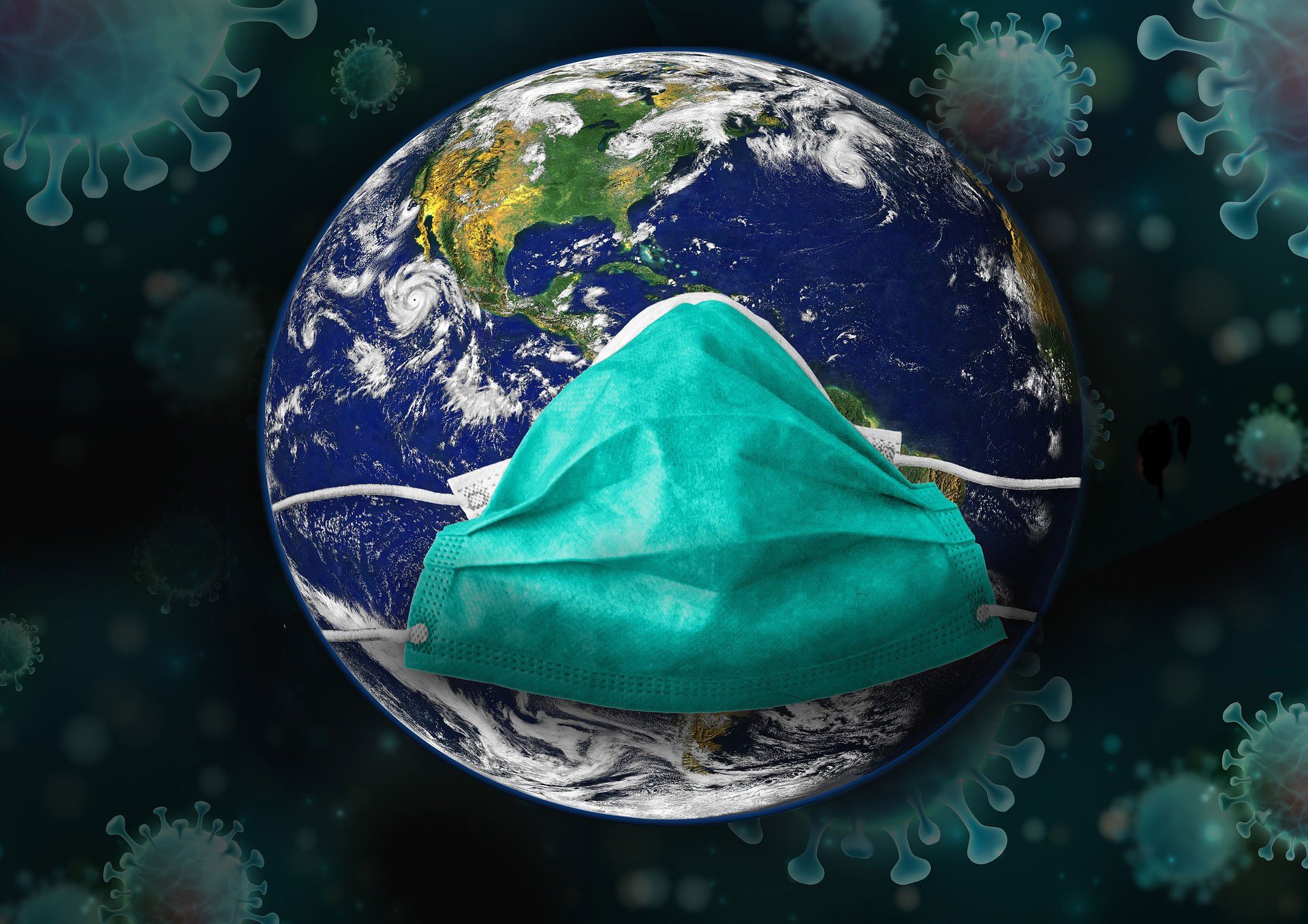
In 2016, the World Health Organization declared the pandemic of Zika virus (which had spread from Africa and Asia to over 20 countries), a public health emergency, and there were cases of Zika virus intercepted and quarantined at Australian ports. Such incidences may decline with the new Covid-19-related reduction in air travel, however the potential for the introduction and establishment of exotic diseases within Australia exists, and will likely grow.
Another virus, Chikungunya (a disease first identified in Africa), has not been locally detected in Australia as yet, but mosquitoes capable of transmitting Chikungunya are found in Northern Queensland and the Torres Strait. It may only be a matter of time before this virus successfully establishes itself on Australian shores and becomes a public health concern.
Currently, the most common vector-borne disease in Australia, Ross River virus, costs the Queensland government over $20 million dollars annually in preventative measures and treatment of outbreaks. And this doesn’t even account for the unquantified social cost, including time off work and impact on families. Outbreaks of Ross River virus (such as those which occurred in early 2015 in SE QLD and in Victoria in 2017) have considerable impacts on industries such as tourism, as well as on local communities.
What can be done to minimise the risk of old and new vector-borne diseases?
Research has shown that spending money on routine, sustained mosquito control programs are better at preventing outbreaks of mosquito-borne diseases than reactive, ad hoc measures. Public health measures such as large-scale insecticide application and the immunisation of vulnerable populations (where possible) are proven tools we may need to use to prevent outbreaks.
We can also support scientific research to improve our understanding of the mechanisms of disease transmission, which will improve our ability to predict how the incidence and spread of vector-borne diseases will change in the future.
Unfortunately, some climate change adaptation measures may unintentionally promote breeding habitats for some vectors. New housing developments need to be designed in such a way as to minimise mosquito breeding, and protection of native wildlife and habitat will help maintain the ecological balance necessary to avoid any single vector species getting out of control.
Beefed-up biosecurity screening of incoming travellers – such as what will have to be done in this new age of Covid-19, could also be employed to prevent the importation of other diseases by travellers. In line with the speed and efficiency of drug testing currently seen at airports, blood testing and temperature scanning for a variety of infectious diseases might need to be employed for all inbound travellers to this country.

Author
Dr Willow Hallgren is an earth-system scientist who studies the impact of climate change on ecosystems and biodiversity, the feedbacks between vegetation and the climate, and how policy can influence climate change, by changing how we use the land.
Willow has previously worked as a climate and biodiversity scientist in government, industry, and academic roles in both Australia and the USA at the Massachusetts Institute of Technology (MIT). She was also previously the Science editor of Monash University’s student newspaper Lot’s Wife.
She is a city escapee of many years now and is currently hiding out among the hill tribes of the beautiful Tweed Valley.
More Planet Watch articles
Will Morrison’s gas-led recovery delete the IPCC’s belief we need climate...
Most Australians know the news, or have had firsthand experiences themselves, of two years of floods, fires, coastal erosion, and storms, both here and overseas. In fact Australia has warmed on average by 1.44 ± 0.24 °C since national records began in 1910.
‘Unprecedented’ but not unpredicted – we are now suffering from our...
As Australians head into another election season just as many parts of the east coast are recovering from ‘unprecedented’ flooding since February, and the national psyche is still reeling from the trauma of the ‘unprecedented’ Black Summer bushfires before that, it is critical now more than ever to vote according to your environmental conscience and fear for the future.
Ethical investing goes prudential
Ethical investing is the idea of using your money to make the world a better place rather than simply chasing the greatest financial return. It seeks to account for people and planet, not just profit.
On track to three degrees of warming
Our planet has warmed by 1.1 degrees, on average, since the Industrial Revolution, and Australia has warmed by 1.4 degrees since 1910 when records of temperature measurements began.
What’s going on with gas?
David Lowe According to the prime minister, we’re in the midst of a ‘gas-led recovery’. Until about five minutes ago, the gas in question was methane (mostly found using unconventional techniques like fracking) but now he’s also talking about hydrogen,...
Is hydrogen part of a sustainable energy future?
There’s a lot to like about hydrogen. For starters, it’s abundant. Hydrogen can store excess renewable power. When liquified, it’s more energy intense than fossil alternatives. In a fuel cell, it can generate electricity. When it’s burned, the only by-product is water.
Human activity, climate change risk more pandemics
New research has revealed climate change, environmental degradation and human activity are creating a perfect storm for more deadly pandemics like COVID-19. Scientists from the University of Western Australia (UWA) say COVID-19 has highlighted the critical need to reduce human impacts...
Planet Watch: Environmentally sound building
Globally, buildings are responsible for a massive share of energy and material consumption. Sustainable building movements are trying to change this, some by going back to the past, and some by diving head-first into the future.
Planet Watch: Are humans the disease?
Humans have told a lot of stories about how awesome we are, but there's one emerging hypothesis that casts our species in a very anti-heroic light. In terms of the planet, are we behaving like a disease?
Planet Watch – Top three environmental issues
With so many environmental crises occurring, it’s hard to focus on just three issues to provide an update to Planet Watch readers – but here's our top three...



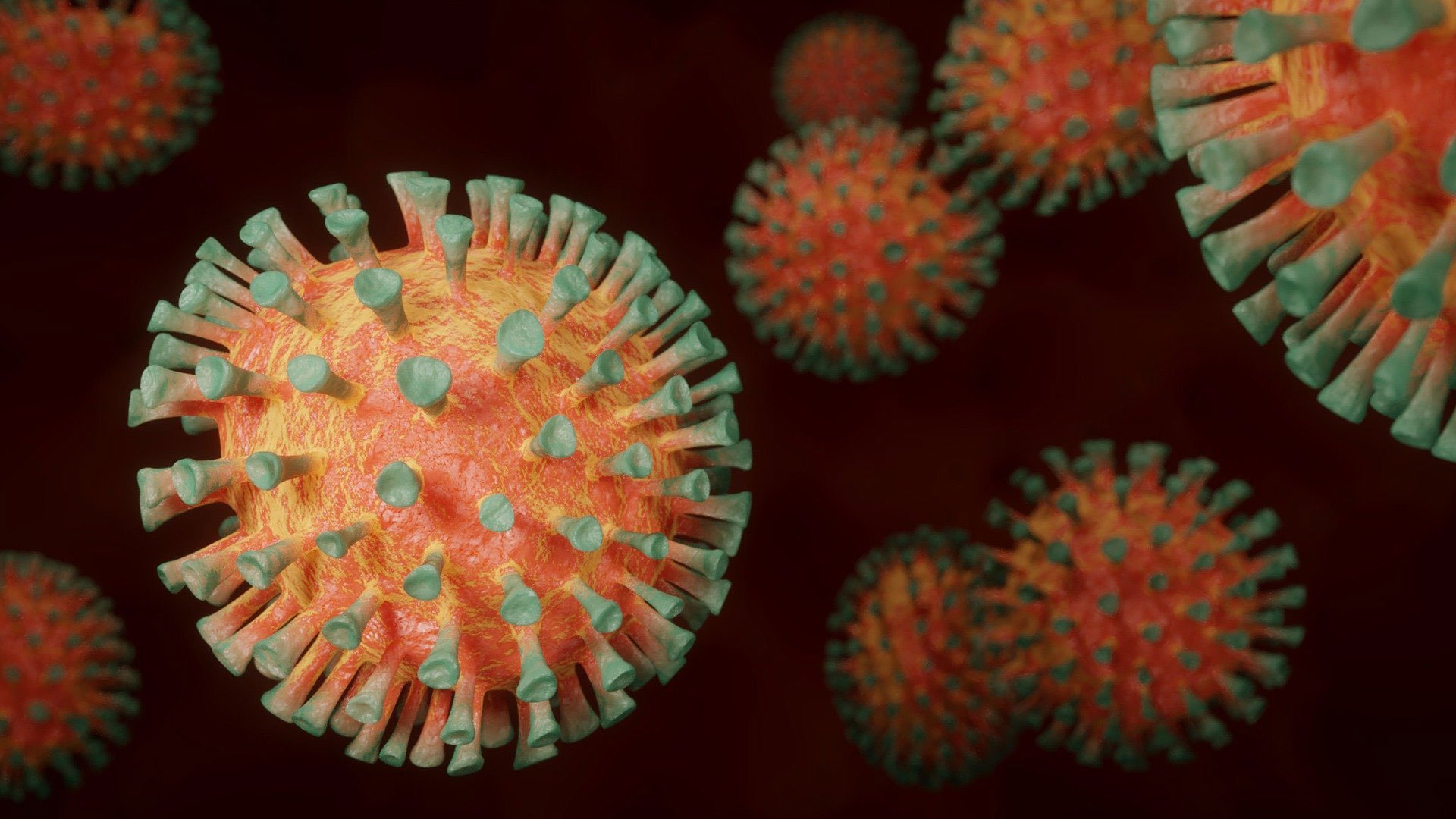
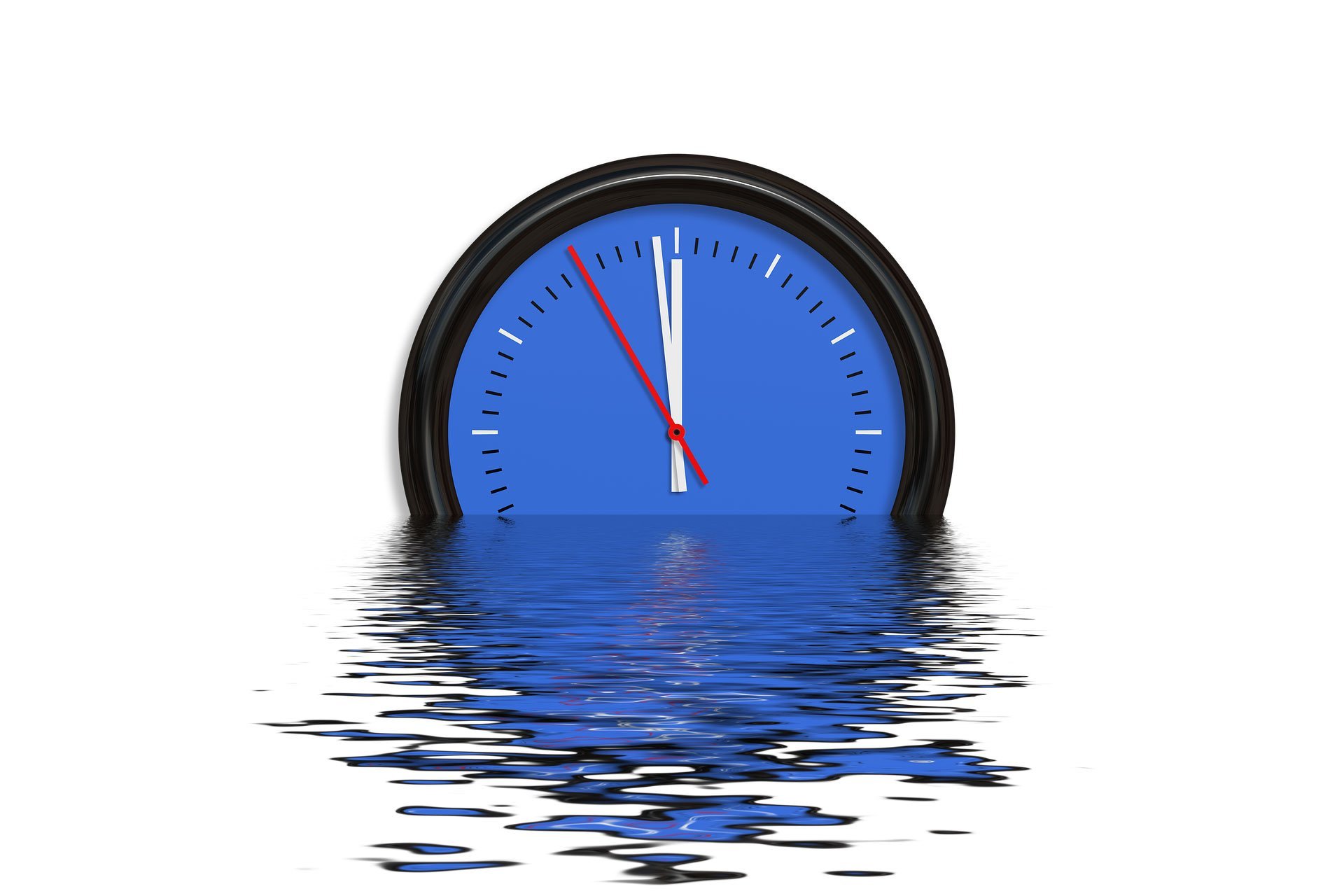



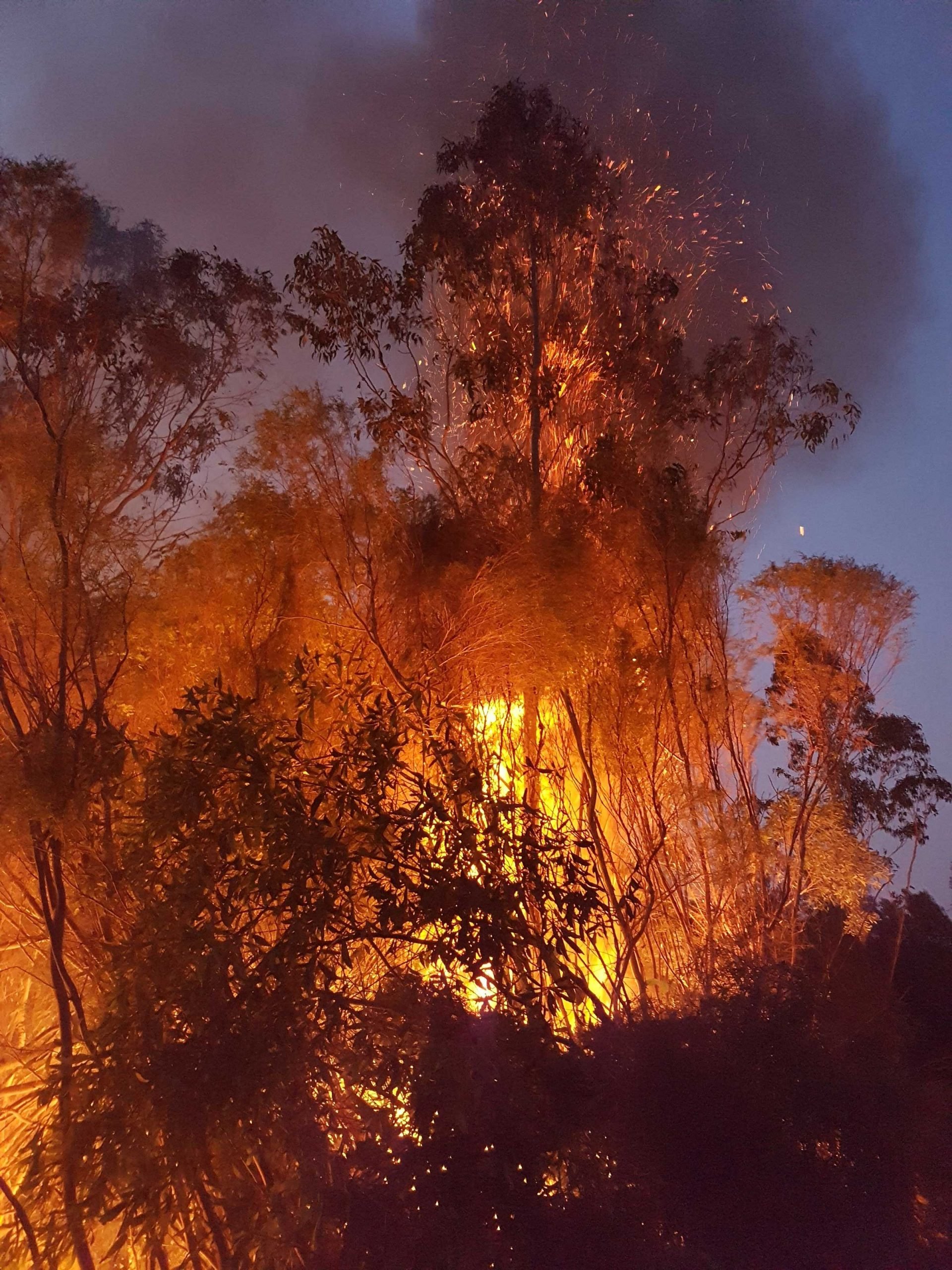


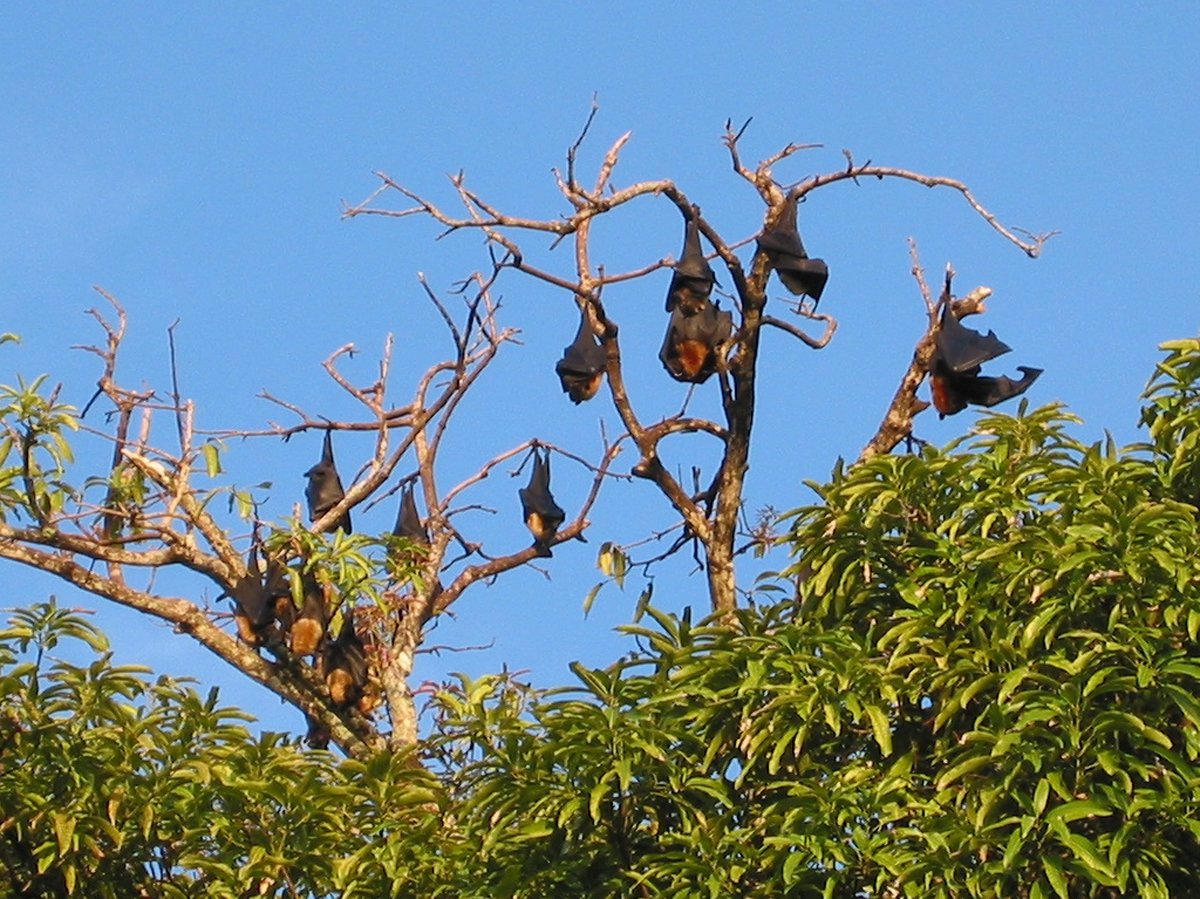




I love this section of the Echo, please keep it going. I would also love to connect and put an article in once Byron Youth Theatre have developed their new production called How on Earth. Thanks Lisa
PM ScoNO addresses Australia…..recently we’ve had our three climate related catastrophes of drought, flood and bushfire and now thankfully like a gift from The Heavenly Father I’ve been rescued by the COVID-19 crisis which has made everyone forget all that the drought, floods and fires. So now is not the time to talk about Climate Change and the future disruptions that comes with it.
Dr Willow… we are seeing & being responsible for
the inaction of World Parliaments refusing, in most
parts of the planet, to realise & accept Climate
Change & the Coronavirus works together by the
disturbance of ecosystems thus creating new
diseases plus a resurgence risk of returning old
diseases. There’s an obvious answer. We do
know what needs doing. Each country & the UN
needs a shake-up. As for our leaders – the profit
versus loss ought to be an easy decision. The
problem is… only money’s ownership counts.
Dr Willow it would seem by your photo you are are
Pleasant soul !! Totally agree that land clearing
Rainforest deforestation has to stop , protect our
Whales , indigenous bee species, every third mouthful of food Humans consume is due to bee Pollination! Peace, ecology , harmony!! And iam certainly at one with nature!! However one must
Realize that the majority of population’s the world
Over are sceptical regarding “CLIMATE CHANGE ”
Whatever that means ? 0.6 of a degree rise in temperature since Records began is hardly alarming Dr Willow ! And future hypothetical computer modeling regarding any global warming
Is alarmist. Lets be real here not one Scientist in the past fifty years has had a prediction come true
Dr Willow . It was warmer in medieval Europe than is is now on the planet.. No industries, no fossil fuels, billions in population’s!! Dr Willow you would
Be accross all previous event’s on this planet
Regarding ice age, and warm periods!!
One Question Dr Willow , considering most climate change scientists are all agreeing that fossil fuels are the contributing factors to such Global Warming in the past fifty years!! So what was the contributing factors to such Global Warming
In the Roman Warm period ??
Here we go again……… why don’t you just go
‘back to the future’ & talk – not to the Romans
but a cave-woman with a club.
Stefanie when you become a cave women
And stop relying on fossil fuels for your existence
Then i will take you seriously. Talk the talk
Walk the walk!!
Aussie temps 20/12/2019 thermometer only goes
to 50C & stuck at 49.9C: A few warm ups…………
The Nullarbor – Euca, WA – Adelaide etc. Roads
melted in SA. Yes I walk the talk – have done for
about 60 years via No Nukes/Arts Action = ICON
Nobel Peace Prize winner 2017. FF are serious
things that’s why they are hardly used here.
Stefanie you take in to much propaganda
On Global Warming? It must be true
It must be true ! What because the selected
Scientists, yes Stefanie the ones , that are Hooked on Government grants!! Not to mention the BOM
Who have deleted record’s conveniently as far back a record’s have been keep . Why because they to are brainwashed by the IPPC and the UN
Those are the Facts . !! 2019 warmist on record
Not a chance Stefanie !! Work in the Pilbra and remote NT and SA and i can assure you the true
Locals just smile when you say 2019 was the hottest on record!! 1930s warmist on record!!
And locally lismore recorded its hottest day
On record in 1988 .. please !!
Okay… now you are starting to understand what
Climate mix-&-match is all about. Also know
that I’ve worked through Longreach, NT, far
Nth. Qld [was born there], & all Southern states.
If you check out ‘the coldest place records that
also don’t fit the thermometer lowest reading
you may start to think that Dr. Willow could be
doing the right thing once you ‘add the flooding
along with fire.’ The ‘graver the opposites’ the
more likely it is due to what she is saying.
Yo Barrow old son. That;’s the shot, Climate Emergency is all a hoax and conspiracy, yeah. Why believe the IPCC, the Science, the Scientists and take action when you can just brush it all off is some sort of alarmist propaganda and stay snuggly hidden under your FF doona.
Believe the Science captain planet Joachim!!
Well apparently Several council’s Australia have fallen for this Hoax as well !! Including our Council
In the Byron Shire !! I asked one source at the council as to the reason why they declared a Climate emergency? And mind you without any community input! Yes that means the Ratepayers
Joachim! The answer i received was well we listen to the IPCC and the UN before we declared a Climate emergency.. considering the shire has a imminent emergency on our hands due to this
Climate emergency , could please give me a example as to why we are such grave danger due to this declaration by council in the byron shire i asked !!
This persons Answer .. the planet is warming !!
And so it has i said by 0.6 of a degree since records began.. and will fluctuate as it has done for 4.6 billion years . Joachim did you have any say in this
Hoax declaration by Council ? By the way i did ask
If management in council knew the definition of a Emergency !! I await a response from council .
Barow old son, on average the Planet as a whole has warmed 1 degree above pre-Industrial era and in Australia it also 1 degree since a standard national record keepings began in 1910. If you don’t think 1 degree ( and no sign of stopping anytime soon ) of warming in 110 years isn’t anything to worry about then please tell The Great Barrier Reef, please tell the country in the wake of the 2019/20 UNPRECEDENTED Bushfire Catastrophe, please tell the nation’s farming community, please tell the nation’s inland rivers dependent communities, please tell the Alpine tourist community……..you getting the drift of affairs, yeah.
No Joachim iam not getting the Drift !!
Lets breakdown your concerns shall we !!
Temperature increase?
0.6 of a degree hardly alarming?
And no sign of stopping soon ? Info from ?
And please dont say crystal ball, hypothetical
Computer modeling or the Guardian or the ABC
If you had to rely on the above for any future
Predictions you may as well talk to your pot plant .
As for the reef the bleaching is a natural occurrence , and in any case all marine species
Flourish in warmer waters irrefutable!!
The bushfires unprecedented incorrect
Joachim go back and research that
again 17, 18 , 19 hundreds
As for the farmers they know what to expect
From the driest continent on earth
A land of droughts and rains . Surely they
Would have taught you that growing up in
Australia Joachim?
The Alpine tourist communities are you referring
To the bushfires? Or how much snow they
Get each year ..
Joachim you stiil not have answered
Why was it Warmer in Medieval times
In Europe?? Reasonable request